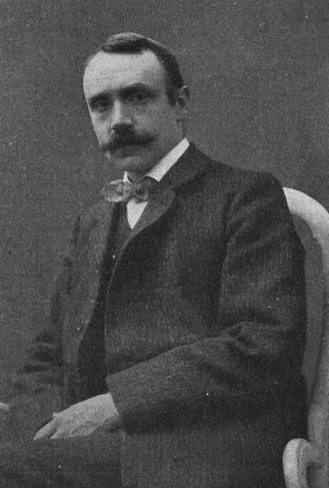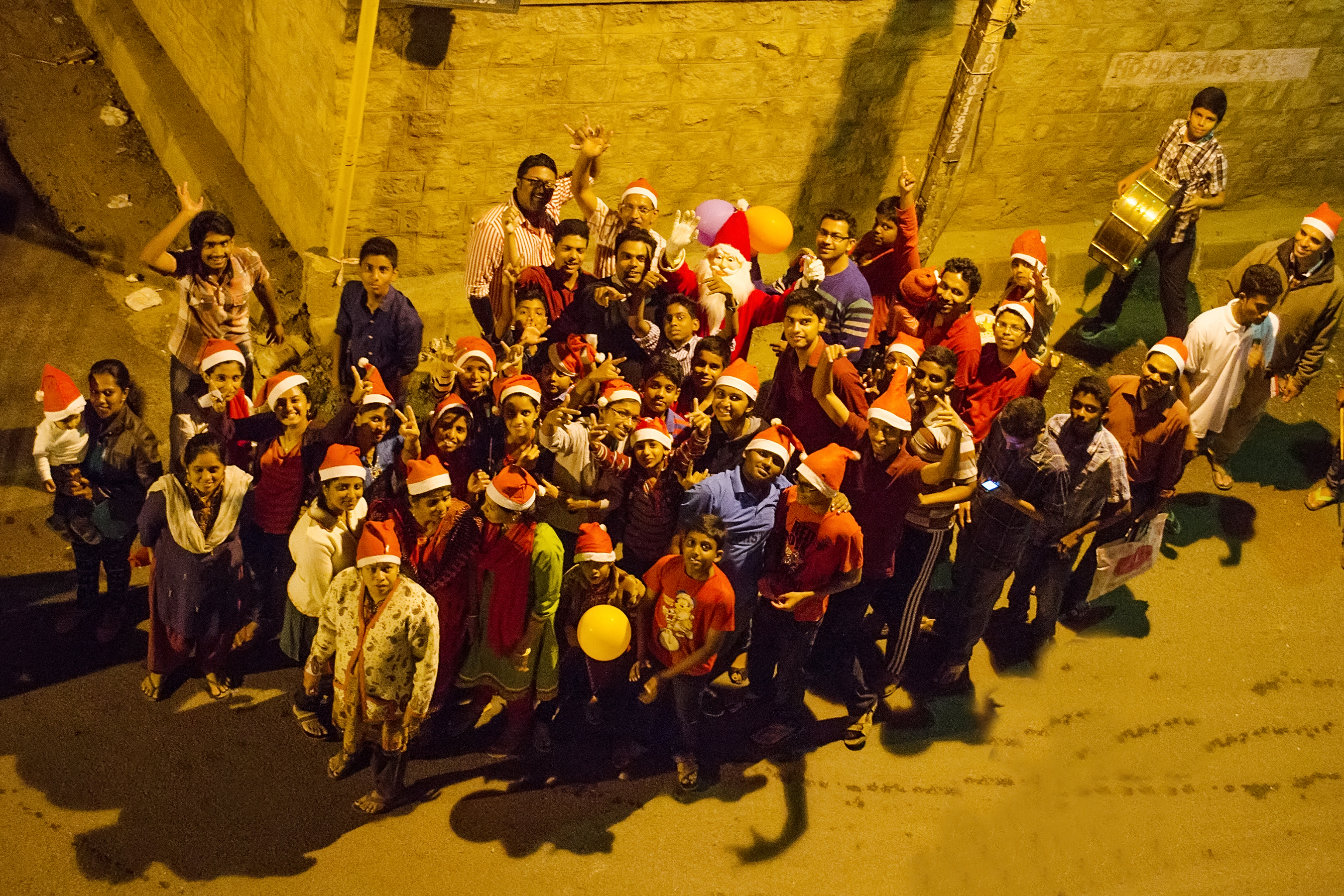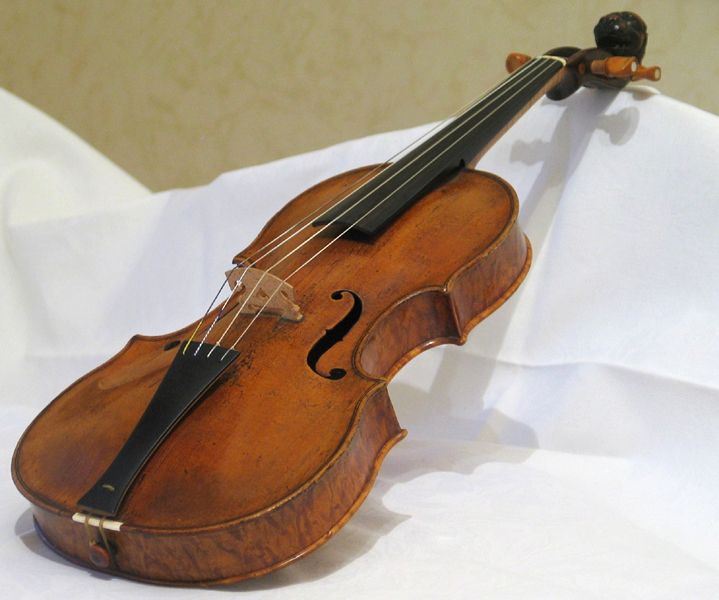|
Ruben Liljefors
Ruben Mattias Liljefors (30 September 1871, Uppsala – 4 March 1936, Uppsala) was a Swedish composer and conductor, brother of the artist Bruno Liljefors.Niclas HögmanRuben Liljefors – en biografi CD-uppsats 2003, University of Uppsala, retrieved 20 March 2016 Life Liljefors studied in Uppsala with Ivar Eggert Hedenblad until 1895, and subsequently in Leipzig with Salomon Jadassohn until 1899. Later he attended the Stockholm Conservatory. He completed his education with Felix Draeseke, Max Reger, and Hermann Ludwig Kutzschbach. From 1902 to 1911, he conducted the choir and orchestra of the Gothenburg Philharmonic Society. Afterwards, he moved to Gävle to conduct the Gävleborg County Orchestra between 1912 and 1931; he also served as a music teacher at the Gävle higher general secondary school during this time. He composed a symphony, a concert overture, a festival overture, an orchestral suite, a piano concerto, a violin sonata, many choral works and songs ... [...More Info...] [...Related Items...] OR: [Wikipedia] [Google] [Baidu] |
Ruben Liljefors-1907
Reuben or Reuven is a Biblical male first name from Hebrew רְאוּבֵן (Re'uven), meaning "behold, a son". In the Bible, Reuben was the firstborn son of Jacob. Variants include Rúben in European Portuguese; Rubens in Brazilian Portuguese; Rubén in Spanish; Rubèn in Catalan; Ruben in Dutch, German, French, Italian, Swedish, Norwegian, Danish, and Armenian; and Rupen/Roupen in Western Armenian. The form Ruben can also be a form of the name Robin, itself a variation of the Germanic name Robert in several Celtic languages. It preserves the "u" sound from the name's first component "hruod" (compare Ruairí, the Irish form of Roderick). Mononym * Ruben I, Prince of Armenia (1025/1035 – 1095), the first lord of Armenian Cilicia or "Lord of the Mountains" from 1080/1081/1082 to 1095, founder of Rubenid dynasty * Ruben II, Prince of Armenia (c. 1165 – 1170), the seventh lord of Armenian Cilicia or "Lord of the Mountains" from 1169 to 1170 * Ruben III, Prince of Armenia ( ... [...More Info...] [...Related Items...] OR: [Wikipedia] [Google] [Baidu] |
Gävleborg County
Gävleborg County ( sv, Gävleborgs län) is a county or '' län'' on the Baltic Sea coast of Sweden. It borders the counties of Uppsala, Västmanland, Dalarna, Jämtland and Västernorrland. The capital is Gävle. Provinces Gävleborg County encompasses the provinces of Gästrikland and Hälsingland, except for the northwestern part of the latter which is located in Jämtland County, most notably Ytterhogdal. Administration Gävleborg County was established in 1762 when it was separated from Västernorrland County. For the list of Governors see main article. The main aim of the County Administrative Board is to fulfil the goals set by the national policy by the Riksdag and the Government, to coordinate the interests and promote the development of the county, to establish regional goals and safeguard the due process of law in the handling of each case. The County Administrative Board is a Government Agency headed by a Governor. See List of Gävleborg Governors. Polit ... [...More Info...] [...Related Items...] OR: [Wikipedia] [Google] [Baidu] |
Musicians From Uppsala
A musician is a person who composes, conducts, or performs music. According to the United States Employment Service, "musician" is a general term used to designate one who follows music as a profession. Musicians include songwriters who write both music and lyrics for songs, conductors who direct a musical performance, or performers who perform for an audience. A music performer is generally either a singer who provides vocals or an instrumentalist who plays a musical instrument. Musicians may perform on their own or as part of a group, band or orchestra. Musicians specialize in a musical style, and some musicians play in a variety of different styles depending on cultures and background. A musician who records and releases music can be known as a recording artist. Types Composer A composer is a musician who creates musical compositions. The title is principally used for those who write classical music or film music. Those who write the music for popular songs may ... [...More Info...] [...Related Items...] OR: [Wikipedia] [Google] [Baidu] |
1936 Deaths
Events January–February * January 20 – George V of the United Kingdom and the British Dominions and Emperor of India, dies at his Sandringham Estate. The Prince of Wales succeeds to the throne of the United Kingdom as King Edward VIII. * January 28 – Britain's King George V state funeral takes place in London and Windsor. He is buried at St George's Chapel, Windsor Castle * February 4 – Radium E (bismuth-210) becomes the first radioactive element to be made synthetically. * February 6 – The IV Olympic Winter Games open in Garmisch-Partenkirchen, Germany. * February 10– 19 – Second Italo-Ethiopian War: Battle of Amba Aradam – Italian forces gain a decisive tactical victory, effectively neutralizing the army of the Ethiopian Empire. * February 16 – 1936 Spanish general election: The left-wing Popular Front coalition takes a majority. * February 26 – February 26 Incident (二・二六事件, ''Niniroku Jiken''): The I ... [...More Info...] [...Related Items...] OR: [Wikipedia] [Google] [Baidu] |
1871 Births
Events January–March * January 3 – Franco-Prussian War – Battle of Bapaume: Prussians win a strategic victory. * January 18 – Proclamation of the German Empire: The member states of the North German Confederation and the south German states, aside from Austria, unite into a single nation state, known as the German Empire. The King of Prussia is declared the first German Emperor as Wilhelm I of Germany, in the Hall of Mirrors at the Palace of Versailles. Constitution of the German Confederation comes into effect. It abolishes all restrictions on Jewish marriage, choice of occupation, place of residence, and property ownership, but exclusion from government employment and discrimination in social relations remain in effect. * January 21 – Giuseppe Garibaldi's group of French and Italian volunteer troops, in support of the French Third Republic, win a battle against the Prussians in the Battle of Dijon. * February 8 – 1871 French legislative election elect ... [...More Info...] [...Related Items...] OR: [Wikipedia] [Google] [Baidu] |
Operetta
Operetta is a form of theatre and a genre of light opera. It includes spoken dialogue, songs, and dances. It is lighter than opera in terms of its music, orchestral size, length of the work, and at face value, subject matter. Apart from its shorter length, the operetta is usually of a light and amusing character. It sometimes also includes satirical commentaries. "Operetta" is the Italian diminutive of "opera" and was used originally to describe a shorter, perhaps less ambitious work than an opera. Operetta provides an alternative to operatic performances in an accessible form targeting a different audience. Operetta became a recognizable form in the mid-19th century in France, and its popularity led to the development of many national styles of operetta. Distinctive styles emerged across countries including Austria-Hungary, Germany, England, Spain, the Philippines, Mexico, Cuba, and the United States. Through the transfer of operetta among different countries, cultural cosmop ... [...More Info...] [...Related Items...] OR: [Wikipedia] [Google] [Baidu] |
Ingemar Liljefors
Ingmar Kristian Liljefors (13 December 1906 – 14 October 1981) was a Swedish composer, pianist, writer on music, and music educator. Born in Gothenburg, Liljefors was the son of composer and conductor Ruben Liljefors. His own son, Mats Liljefors, is a successful conductor. In 1933 Liljefors co-founded Fylkingen, a society for experimental music and arts. He served as the first Chairman of that organisation from 1933–1946. He was also the Chairman of Föreningen Svenska Tonsättare ( en, Association of Swedish Composers) from 1947–1963. In 1958 he was named a member of the Royal Swedish Academy of Music. He taught music composition, harmony and piano for many years at the Royal College of Music, Stockholm where he was appointed full professor in 1968. One of his pupils was composer Ruth Schönthal. He died in Stockholm in 1981 at the age of 74. In addition to teaching in the classroom, Liljefors also wrote several music theory textbooks which were used by many music sc ... [...More Info...] [...Related Items...] OR: [Wikipedia] [Google] [Baidu] |
Christmas Carol
A Christmas carol is a carol (a song or hymn) on the theme of Christmas, traditionally sung at Christmas itself or during the surrounding Christmas holiday season. The term noel has sometimes been used, especially for carols of French origin. Christmas carols may be regarded as a subset of the broader category of Christmas music. History The first known Christmas hymns may be traced to 4th-century Rome. Latin hymns such as Veni redemptor gentium, written by Ambrose, Archbishop of Milan, were austere statements of the theological doctrine of the Incarnation in opposition to Arianism. Corde natus ex Parentis (''Of the Father's heart begotten'') by the Spanish poet Prudentius (d. 413) is still sung in some churches today. In the 9th and 10th centuries, the Christmas sequence (or prose) was introduced in Northern European monasteries, developing under Bernard of Clairvaux into a sequence of rhymed stanzas. In the 12th century the Parisian monk Adam of Saint Victor bega ... [...More Info...] [...Related Items...] OR: [Wikipedia] [Google] [Baidu] |
Violin Sonata
A violin sonata is a musical composition for violin, often accompanied by a keyboard instrument and in earlier periods with a bass instrument doubling the keyboard bass line. The violin sonata developed from a simple baroque form with no fixed format to a standardised and complex classical form. Since the romantic age some composers have pushed the boundaries of both the classical format as well as the use of the instruments. The early violin sonata In the earliest violin sonatas a bass instrument and the harpsichord played a simple bass line (continuo) with the harpsichord doubling the bass line and fixed chords while the violin played independently. The music was contrapuntal with no fixed format. Georg Philipp Telemann wrote many such sonatas as did Johann Sebastian Bach. Bach also wrote sonatas with harpsichord obbligato, which freed the keyboard instrument from playing only a bass line accompaniment and allowed in to enhance the part of the soloist. He also wrote sonatas for ... [...More Info...] [...Related Items...] OR: [Wikipedia] [Google] [Baidu] |
Piano Concerto
A piano concerto is a type of concerto, a solo composition in the classical music genre which is composed for a piano player, which is typically accompanied by an orchestra or other large ensemble. Piano concertos are typically virtuoso showpieces which require an advanced level of technique on the instrument. These concertos are typically written out in music notation, including sheet music for the pianist (which they typically memorize for a more virtuosic performance), orchestra parts for the orchestra members, and a full score for the conductor, who leads the orchestra in the accompaniment of the soloist. Depending on the era in which a piano concerto was composed, the orchestra parts may provide a fairly subordinate accompaniment role, setting out the bassline and chord progression over which the piano plays solo parts (more typical during the Baroque music era, from 1600 to 1750 and the Classical period, from 1730 to 1800), or the orchestra may be given an almost equal ro ... [...More Info...] [...Related Items...] OR: [Wikipedia] [Google] [Baidu] |



_(LOC)_-_Flickr_-_The_Library_of_Congress.jpg)
.jpg)


